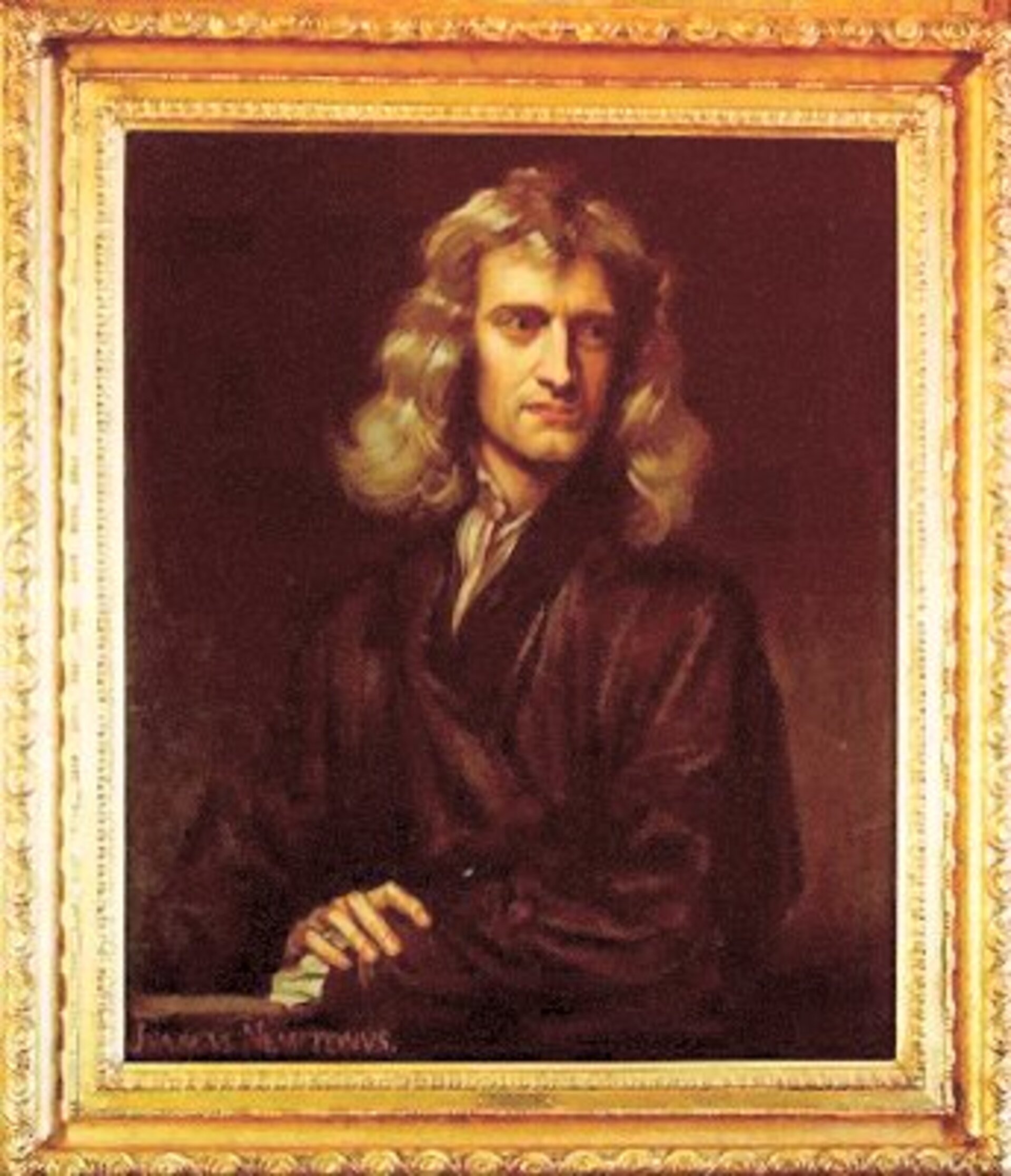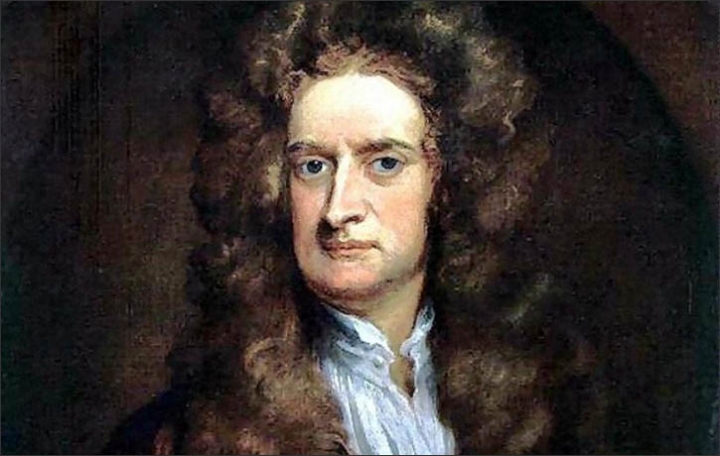

However, his life was not without some aesthetic preferences. Instead of artistic leisure, Newton spent his private time studying, following the same philosophical interests he had in Cambridge. Literature and poetry apparently did not impress him either, the latter he deemed as ‘a kind of ingenious nonsense’. Upon seeing the Earl of Pembroke’s renowned collection of statues, he remarked that his host was ‘a lover of stone dolls’. According to one friend, he ran out halfway way through an opera – the first and last that he attended. Newton showed little interest in the city’s artistic scene, shirking theatres or music. After becoming President of the Royal Society and knighted, he moved in 1710 to the fashionable West End district of Leicester fields (now Leicester Square), taking up a grand four-storey town house in St Martin’s Street. Newton first resided in Haydon Square, close to the Mint in the Tower of London. St Martin's Street: Sir Isaac Newton's House Not known for his contributions to economic theory, though one of the greatest scientists ever, was the Warden/Master of the. Sir Isaac Newton was a 17th century English physicist and mathematician who is widely recognized as one of the most influential scientists of all time and as a. Newton provided stability to the Society, serving as President for 24 years until his death, far longer than any of his predecessors. He also initiated new exciting areas of experimental research, such as the first demonstrations that made electricity visible.

Unlike his presidential predecessors, he attended almost all council meetings. While his election was not unanimous among the Royal Society’s Council, Newton would win over his critics in galvanising the Society’s activities through his administrative skill and energy. By the end of the 1600s, the Society had somewhat stagnated, with membership lower than ever before and lacking leadership or direction. Jako pierwszy wygosi teori, e kolory s efektem padania wiata. Sformuowa prawo powszechnego cienia i prawa dynamiki, które przez kolejne stulecia byy podstawami fizyki.

Newton znacznie przyczyni si nauce dokona szeregu odkry odkry prawo powszechnego cienia oraz prawo ruchu, czym. Zasyn przede wszystkim jako odkrywca zasad dynamiki, nazwanych jego imieniem. The following year saw him elected to the most prestigious scientific role in Britain, President of the Royal Society of London.įounded in 1660, the Royal Society had been a hub for the world’s scientific thinkers, publishing reports in its journals and conducting experimental research. w Kensington) fizyk, matematyk, astronom i alchemik. Isaac Newton by angielskim fizykiem, matematykiem, alchemikiem, astronomem, filozofem, i historykiem. In 1702 he completed a second spell as an MP in the House of Commons. Portrait of Isaac Newton by Charles Jervas, 1717, LondonĪfter just five years in the capital, Newton had become an influential political figure as Master of the Mint.


 0 kommentar(er)
0 kommentar(er)
